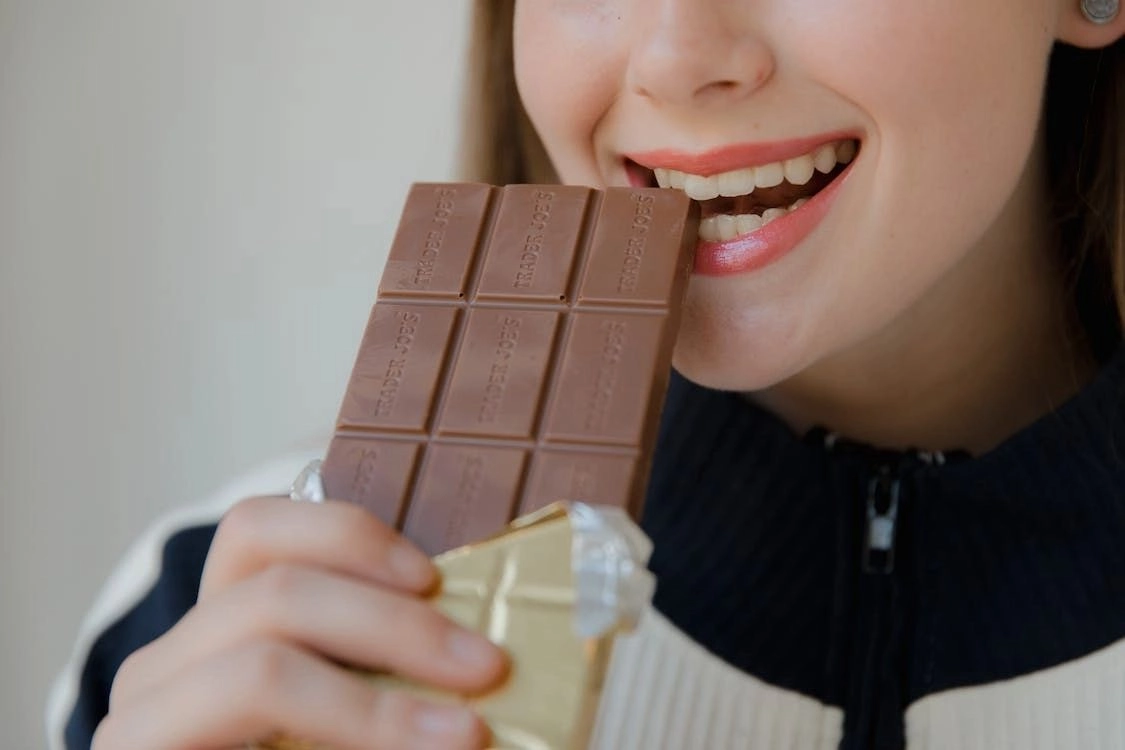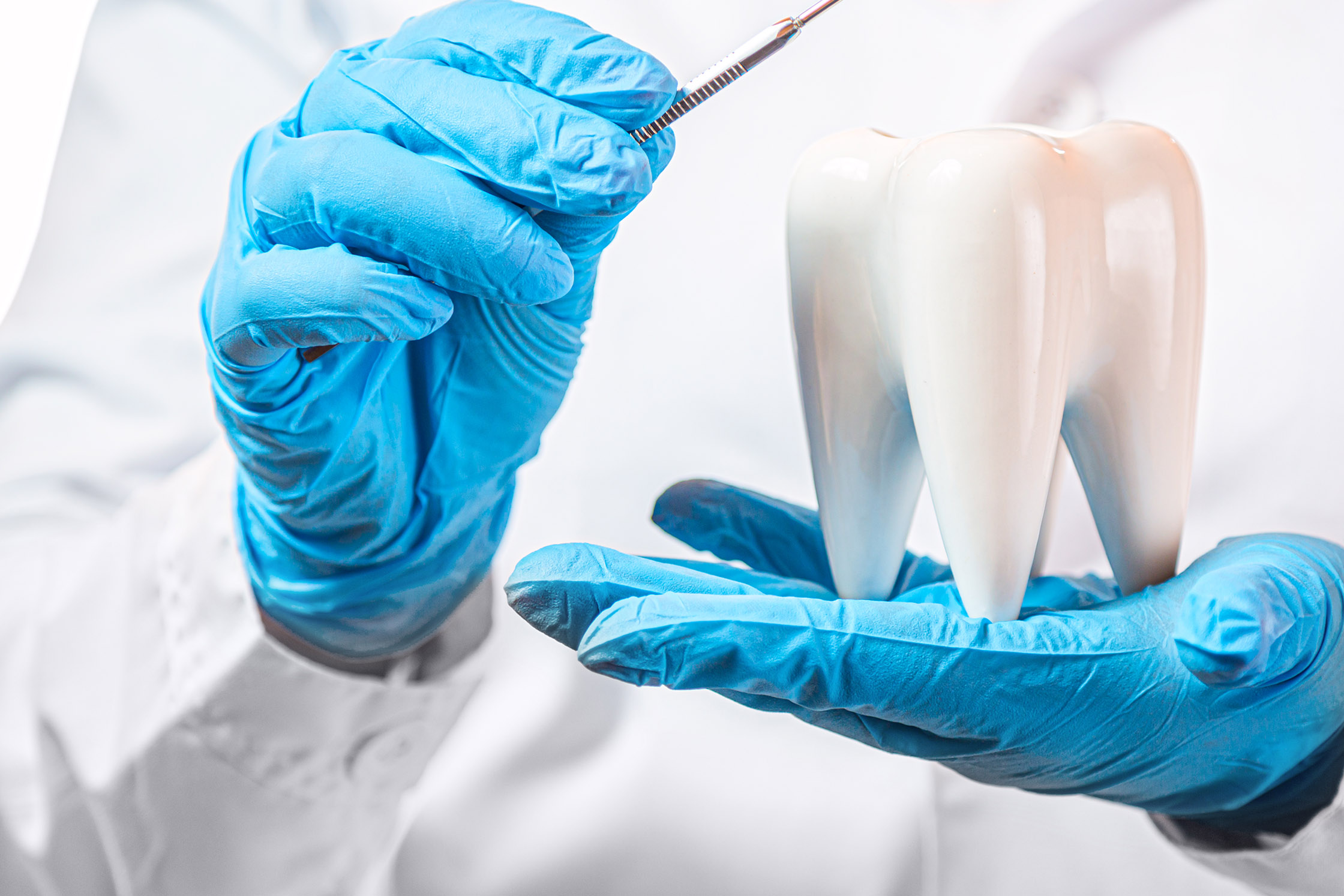
Which Food Do You Need to Avoid with Tooth Crowns?
Anyone who has ever had a tooth replaced with a crown will attest to how unpleasant the procedure can be. Frequently, people ask “Which food do you need to avoid with tooth crowns?” Knowing which foods to consume and which to avoid after receiving a dental crown is very important.
The rate of survival of that tooth (sometimes referred to as pulp vitality) greatly rises when a dentist inserts a crown. Thus, there is a lower chance that the patient would lose the tooth.
More than 84% of the cases examined in research by the National Library of Medicine exhibited no discernible symptoms of necrosis (tooth decay/death) over 10 years. After 15 years, the survival rate marginally dropped to a little over 81%.
A person must take adequate care of their teeth after getting a crown in order to achieve these benefits. In this article, we will cover the foods to avoid with crowns as well as foods you can consume safely.
What are Tooth Crowns and Why is it Necessary?
A tooth crown is a capping that can be constructed of metal, porcelain, or both. Crowns adhere to the gum line and completely encase the tooth. Usually, it is bonded to the tooth that already exists. When it is permanent, however, it is important to bind the crown to a tooth and gums.
If a person’s tooth has more decay than can be fixed with a filling, they need a crown. A dental crown could also be required if a tooth has been cracked or damaged due to an accident.
Temporary crowns are also available. Before affixing a permanent crown, a dentist will put on a temporary one. Additionally, dentists use short-term crowns for various causes:
- To determine whether a crown is the best course of action.
- To keep the correct distance between teeth.
- Help lessen gum and tooth discomfort.
- Help safeguard the area of the implant or natural tooth.
Which Foods Do You Need to Avoid With Crowns?
To guarantee that the crown hardens and can perform like a regular tooth, proper maintenance is required. As a result, here are some foods should be avoided when wearing a dental crown:
- Hard Nuts.
- Crunchy Veggies.
- Chewy Foods.
- Popcorn.
- Sodas.
- Ice.
Following the placement of a dental crown, patients should refrain from eating the following items for at least a week.
Hard Nuts
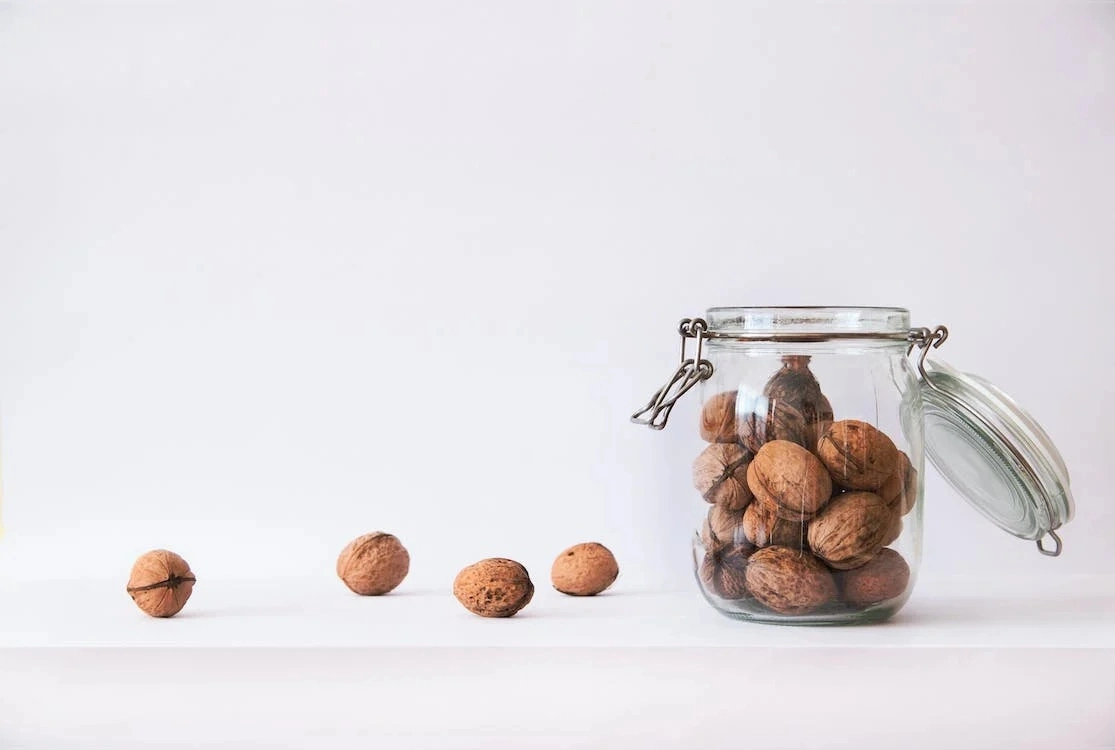
Although nuts include the vitamins and minerals needed to maintain good oral health, they might cause problems when eaten with a dental crown that has recently been installed. If you do enjoy nuts, choose those that don’t have any shell pieces, like pistachio nuts, and stay away from nuts that are too crunchy, like almonds or macadamia nuts.
Crunchy Veggies
Vegetables that are crunchy can harm a crown, much like nuts can. If you enjoy veggies, you might want to try eating them in different ways such as sauteed, grilled, or boiled. Until the crown has become firmly fixed, anything rough and hard can injure it.
Chewy Foods
Avoid overly chewing items like bread, steak, candies, and toffee, since doing so might put undue strain on your crown. Avoid chewing food against your crown, even while biting down on it.
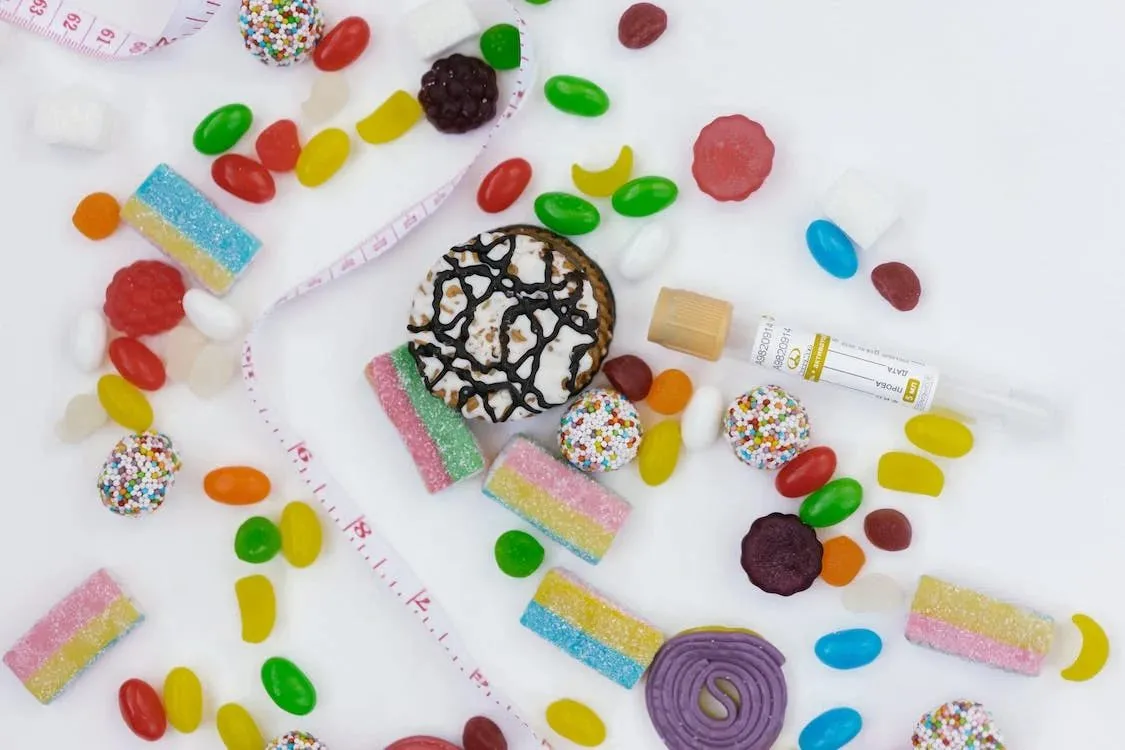
Popcorn
Popcorn is likely to make you feel sensitive since it is rough on your teeth and crown. This is especially true if you enjoy popcorn with things like toffee and sugar. Your teeth will also unfortunately suffer from the delicious added preservatives.
Sodas
Sodas include sugar preservatives, which are harmful to your teeth and crown. The protected tooth, the crown, and the beneath enamel can all be harmed by the excessive sugar level. Cavities and probable tooth decay may result from this.
Ice
Following the placement of your crown, avoid chewing on ice. Before it has fused to your tooth, the crown cannot take the pressure. Additionally, due to its chilly temperature, ice may cause tooth sensitivity.
Which Foods You Should Eat After Getting a Tooth Crown
There are particular foods that patients should eat that won’t harm their crowns, whether they have a permanent or temporary crown. The following meals are recommended to consume after receiving a crown:
Shakes and Smoothies
Smoothies are advised by dentists following dental crowns. If the patient dislikes smoothies, shakes can be substituted. However, smoothies usually contain therapeutic ingredients that can speed up the healing process which shakes generally do not.
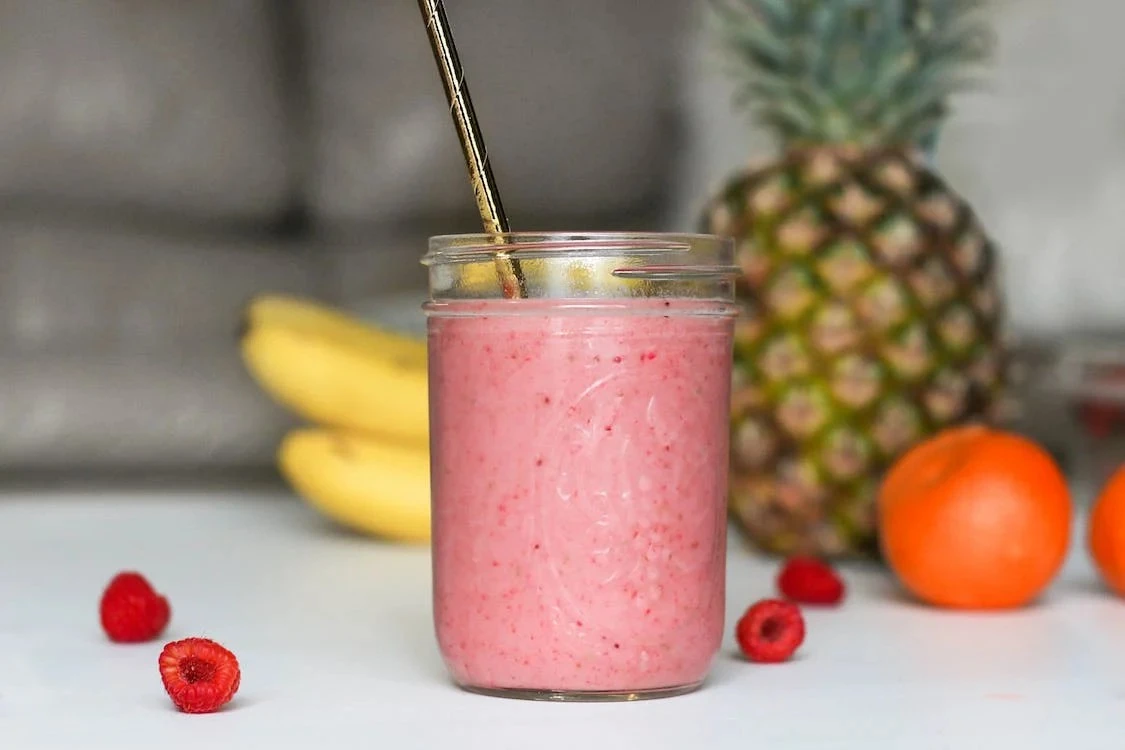
In spite of this, patients must avoid consuming anything that is excessively cold. Smoothies are the greatest choice because of this. A meal replacement smoothie served at room temperature is an additional choice.
Stews and Soups
While stews and soups are also acceptable choices following this dental procedure, dentists advise avoiding hot meals. It’s recommended the patient makes sure the stew or soup is warm to moderately heated.
Additionally, these dietary selections offer a variety of nutrients. They are suitable as food because the nutrients will boost healing time. Additionally, there are several methods to create soups and stews, increasing the variety of meals and combating diet boredom.
Pudding with Jell-O
Jell-O or pudding are fantastic additional food options that go well with either a permanent or temporary crown. These meals come in a variety of tastes and won’t harm dental work. They’re also a tasty alternative to sweets that could be harmful to the patient.
Dairy and Eggs
Protein-rich foods aid in the healing process. The protein content is high in dairy products and eggs. These foods frequently have a soft texture, which lessens wear on the teeth.
Noodles and Pasta
The goal is to prevent the stuff you eat from harming your crown. Noodles such as spaghetti are ideal after receiving a crown because they pose less risk of harming the crown.
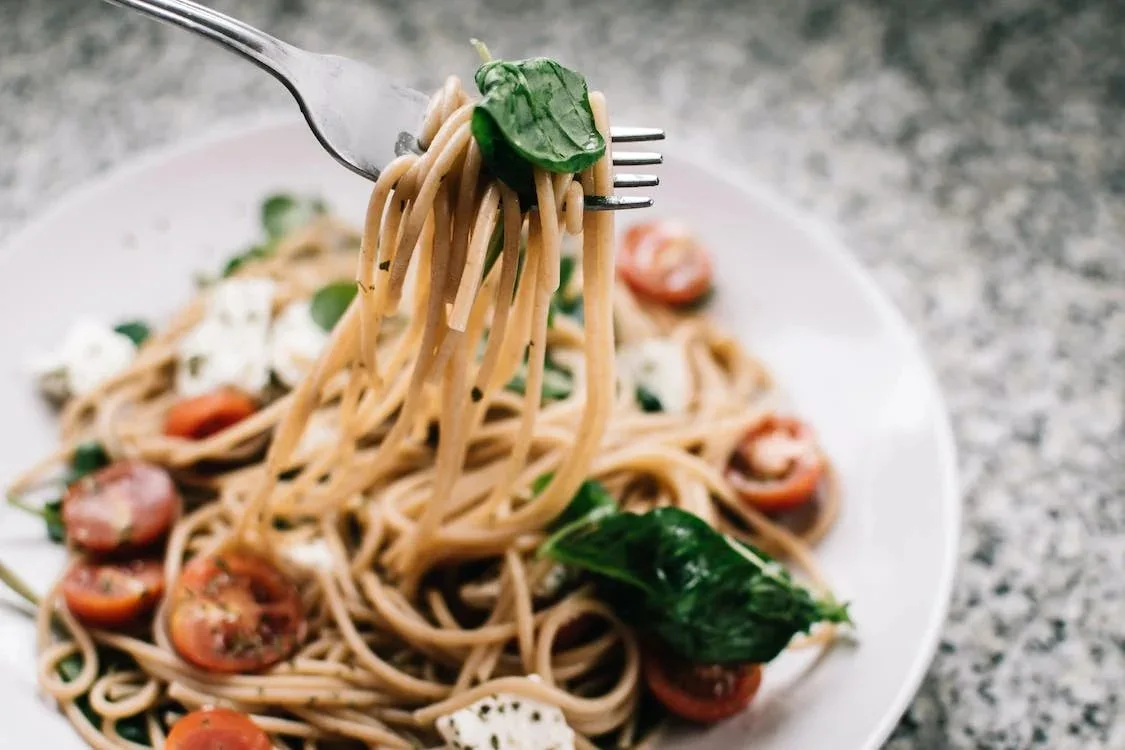
Additionally, because they’ll keep you fuller for longer, they will help lessen cravings that may lead you to snacking on something harmful to the crown. It is essential to avoid putting the crown in danger of being damaged.
Final Thoughts
If you maintain good dental hygiene and take care of your diet, crowns can survive for 10 to 15 years. Consider eating with your mouth closed in the days after your crown’s fitting until it has had time to settle. The cement will set and the crown will finally become firm in place, at which point you should be able to chew properly on both sides.
-> Maybe you’re interested in: Foods to Eat After Tooth Extraction
The area around your crown should also be flossed, but you should be particularly cautious not to knock the crown out of place. So that your tooth is safeguarded and stays in good health, keep the region surrounding your crown clean.
If you’re interested in getting a crown, please visit our website. Or, for more useful information, visit our Blog.
Or you can contact us using one of these other means:
- Call Us: 212.685.5133 or 212.421.5445
- Contact Us by Submitting This Contact Form
Source
C. (n.d.). Dental Crowns: Why Would You Need One? Cleveland Clinic. https://my.clevelandclinic.org/health/treatments/10923-dental-crowns
Types of Materials Available for my Dental Crown – Lasting Impressions Dental Group Houston TX. (2020, October 12). Lasting Impressions Dental Group Houston TX. https://www.lastingimpressionsdentalgroup.com/blog/types-of-materials-available-for-my-dental-crown/
5 Tips to Care for Your Dental Crowns: A Briter Smile: Cosmetic Dentistry. (n.d.). 5 Tips to Care for Your Dental Crowns: A Briter Smile: Cosmetic Dentistry. https://www.abritersmile.com/blog/5-tips-to-care-for-your-dental-crowns
Dental Crowns: How Long Do They Last? – Abbadent Dental and Implants Dubuque Iowa. (2019, August 12). Abbadent Dental and Implants Dubuque Iowa. https://www.abbadent.com/blog/dental-crowns-how-long-do-they-last/
